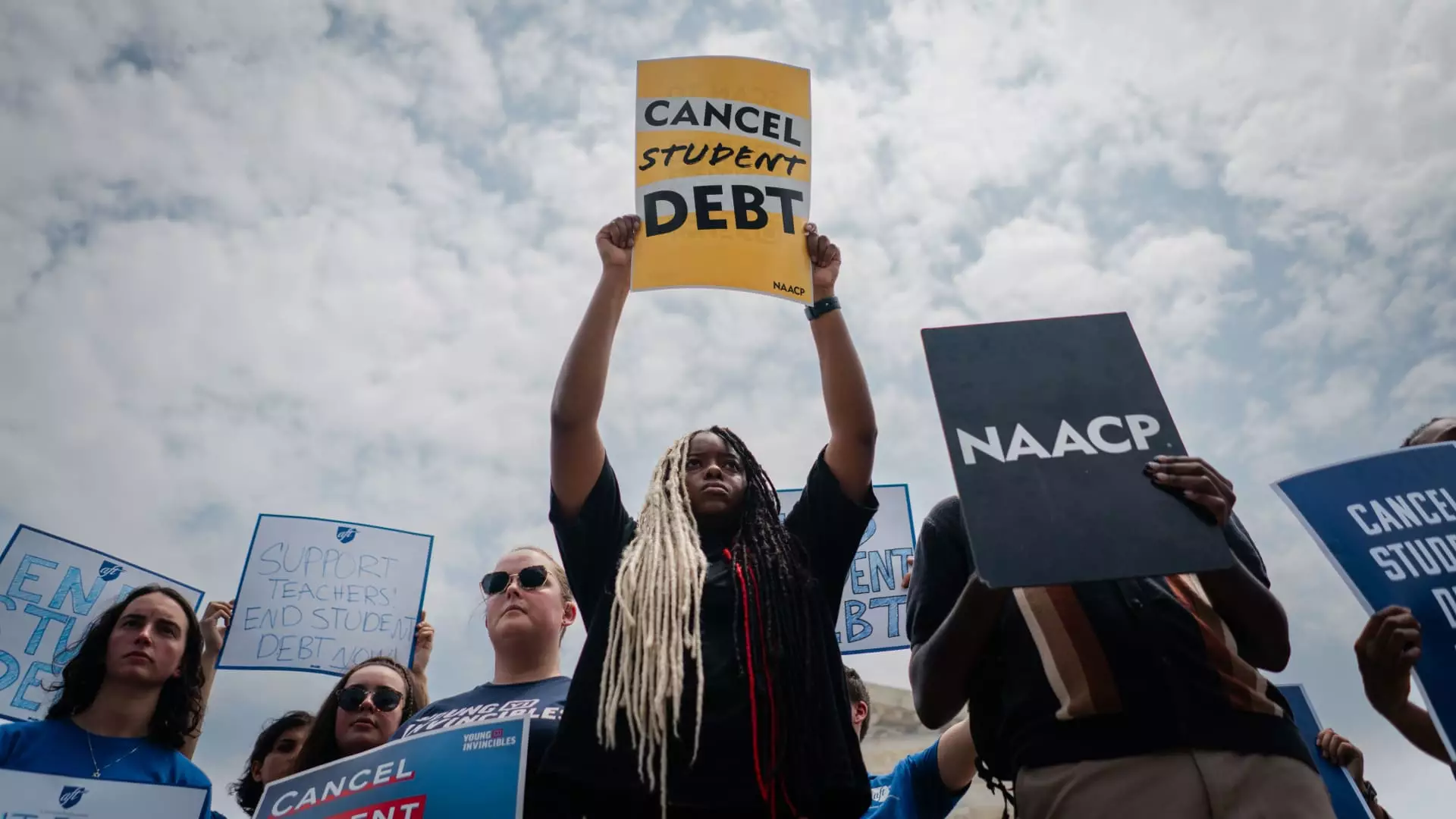The topic of student loan forgiveness has been a contentious issue, sparking heated feelings about fairness, personal responsibility, and economic soundness. Arkansas Attorney General Tim Griffin took around 30 years to pay off his $100,000 student loan balance and publicly questioned why other borrowers should have their debts wiped away. When Marlon Fox, a chiropractor in South Carolina, got his $119,500 student debt forgiven last year, he faced criticism in his mostly Republican community. The debate around student loan forgiveness raises important questions about the value of education, the responsibility of borrowers, and the implications for taxpayers.
The Biden administration’s proposal for student loan forgiveness has received significant attention, with over 148,000 public comments expressing diverse opinions on the matter. Supporters argue that erasing student debt is a matter of fairness and social responsibility, while critics, like Attorney General Tim Griffin, raise concerns about the use of taxpayer resources to cover personal debts. The recent lawsuit against the Biden administration’s new repayment plan highlights the complexities of addressing student debt and the challenges in finding a balance between individual obligations and collective support.
Kate Padgett Walsh, a philosophy professor, emphasizes the historical and social context of debt, suggesting that human relationships have always been intertwined with obligations to repay debts. She argues that the current emphasis on personal responsibility in repaying debts is influenced by profit-driven entities that benefit from the narrative of obligation. While acknowledging the importance of community and mutual support, Padgett Walsh calls for a reevaluation of the moral implications of financial debt and a shift towards preventing and alleviating student debt.
Devin Singh, a professor of religion, points out the partisan nature of the student loan forgiveness debate, highlighting the different relationships that Democrats and Republicans have with education. He notes that educational attainment statistics align with different party affiliations, leading to varying perspectives on the value and accessibility of higher education. Singh also emphasizes the role of misconception and lack of empathy in shaping opinions about fairness and loan forgiveness, calling attention to the generational and experiential divides that influence attitudes towards student debt.
Charlie Eaton, a sociology professor, underscores the need to understand the experiences of student loan borrowers who are struggling with debt repayment. He dispels misconceptions about the willingness of borrowers to make payments and highlights the challenges posed by mounting interest rates. The case of Marlon Fox, who paid off his student debt over decades only to have it forgiven later, illustrates the long-term financial burden that many borrowers face. Eaton calls for a more nuanced understanding of the complexities of student debt and the need for structural reforms to address the underlying issues.
The debate surrounding student loan forgiveness reflects a broader conversation about fairness, responsibility, and economic equity. As policymakers, educators, and individuals grapple with the moral and practical implications of debt relief, it is essential to consider the diverse perspectives and experiences that shape our attitudes towards student loans. By engaging in thoughtful dialogue and seeking innovative solutions, we can work towards a more equitable and supportive system of higher education financing.

